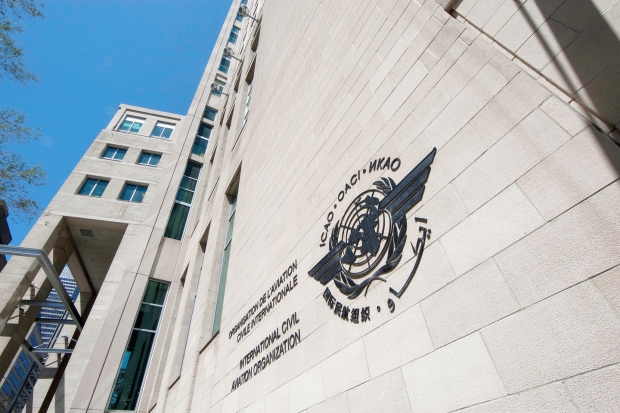The International Civil Aviation Organization (ICAO) concluded today the first two-day meeting of its rapidly-assembled Task Force on Risks to Civil Aviation arising from Conflict Zones (TF RCZ). The special group was convened in the aftermath of the downing of Malaysia Airlines Flight MH17 to refine the roles and procedures relating to the mitigation of conflict zone risk in civilian airspace.
Day one of the meeting was opened by ICAO"™s Council President, Dr. Olumuyiwa Benard Aliu, who highlighted the global context of the MH17 accident and the unique challenges it set out for the Task Force"™s State and industry participants.
The first day of meetings also saw the Flight Safety Foundation"™s David McMillan elected as Task Force Chairman, who subsequently guided more specific discussions on the target outcomes to be pursued.
"We"™re looking for urgent, practical measures to address these new risks," McMillan stressed.
Some of the practical measures under discussion included possible methods whereby States could both refine and share the various types of information needed to support more comprehensive conflict zone risk assessments. Proposals for the consideration of industry players included the development of more detailed requirements relating to conflict zone warning criteria.
"Aviation"™s first priority is always the safety of the passengers and crew who count on our global network to carry them rapidly and reliably, anywhere in the world," stressed ICAO Council President Aliu. "While the circumstances of the loss of MH17 present some very complex challenges, for States particularly but also for airlines, airports and air navigation services providers, I have been very encouraged by the range of ideas presented and am confident that the ICAO Council will be reviewing some mature Task Force proposals when it reconvenes later this year."
The TF RCZ will be meeting again on 25-26 August for its second round of talks and ICAO is aiming to deliver the group"™s preliminary findings to the 203rd Session of the UN body"™s 36-State Governing Council in October 2014.



